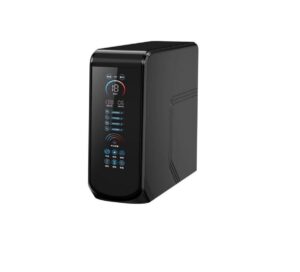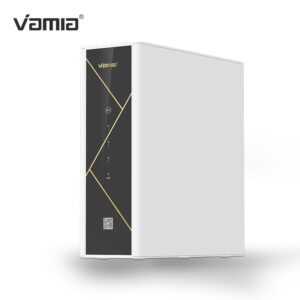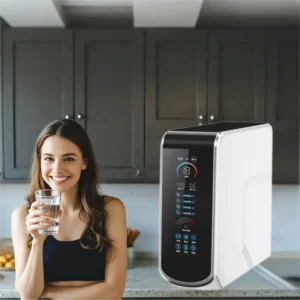Is a Storage Tank Necessary for Your Water Purifier? A Detailed Analysis
Storage tanks in water purifiers (common in RO systems) have both advantages and drawbacks. Here’s what you need to know:
Pros:
Steady Water Supply: Tanks store pre-purified water, ensuring consistent flow during peak usage, especially in homes with high demand or low water pressure.
Reduced Pump Wear: The tank minimizes the RO pump’s workload by storing water in batches, potentially extending the system’s lifespan.
Cons:

Space Consumption: Tanks are bulky, requiring extra under-sink or cupboard space—an issue for small kitchens.
Maintenance Risks: Stagnant water in tanks can breed bacteria if not cleaned regularly. Look for tanks with antimicrobial linings or automatic flushing features.
Alternatives:

Tankless RO Systems: These produce water on demand, saving space but requiring higher continuous water pressure.
UF/Carbon Filters: Non-RO systems (e.g., ultrafiltration) often don’t need tanks, offering instant filtration without storage.
Water Purifier Factory, Water Purifier For Home, Water Purifier Machine,Water Purifier, Water Filter Purifier System
Choose a tank-based system if you prioritize steady flow and have ample space. For compact kitchens or those seeking low-maintenance options, tankless models may be preferable.
Is a Storage Tank Necessary for Your Water Purifier? A Detailed Analysis

